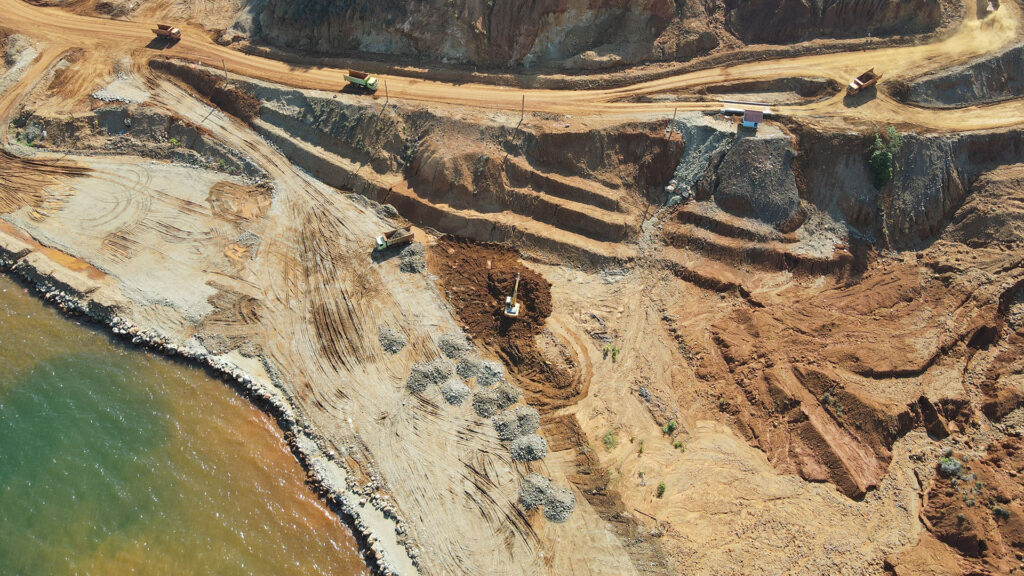Foreign investment in Australia’s mining sector – frequently asked questions (2): Business structures
This is the second in a series of seven articles being prepared by HFW which answer frequently asked questions concerning foreign investment in Australia’s mining sector.
This is a version of an article that first appeared in the Asia Miner, November/December 2013 issue and is reproduced with permission. www.asiaminer.com
To view the Chinese language version, click here
In this second article, we look at the following typical business structures applicable to foreign companies investing in Australia’s mining sector:
- Unincorporated joint venture.
- Incorporated joint venture.
- Australian subsidiary company.
- Australian branch of a foreign company.
- Acquiring shares in an Australian company.
Unincorporated Joint Venture (UJV)
The vast majority of mining projects in Australia take this form. An unincorporated joint venture is a contractual relationship between two or more separate participants working together on a specific project for a limited period. It is usually governed by a joint venture agreement which sets out the rights and obligations of each participant.
UJVs are used in mining projects primarily because:
- Profit distribution – each participant is entitled to separately take and dispose of its percentage share of the products produced by the joint venture rather than taking a share in profits.
- Finance – each participant can finance its participation in the joint venture in the manner most convenient to it.
- Tax – each participant is treated independently for tax purposes, allowing it to achieve an optimum use of available tax concessions.
- Accounting – each participant can treat its interest in the joint venture assets in accordance with its preferred accounting procedures.
Incorporated Joint Venture (IJV)
An IJV is an association of participants formed for the purposes of undertaking one or more mining projects with a view to mutual profit. It is an incorporated entity separate and distinct from its participants and is usually governed by a shareholders’ agreement and a company constitution.
An IJV offers the following advantages to the participants:
- Limiting liability – each participant’s liability is limited to the share capital contributed by it.
- Profit distribution – each participant will receive dividends out of the profits derived by the IVJ (rather than proceeds from the sale of mining products).
- Finance – lenders are more comfortable in providing finance, as security can be given over all of the IJV assets.
- Familiarity – the participants usually understand and are familiar with the operation of a corporate vehicle. An IJV bears the characteristics of any other Australian company and is subject to the Corporations Act 2001 (Cth).
- Transfer – a transfer of a participant’s interest in the IJV usually involves a transfer of shares which attracts stamp duty at a lower rate than that applicable to transfer of other property. This lower rate of stamp duty will not apply if the IJV is a land rich company.
- Taxation – income of an IJV is taxed at the company rate (30%) before profits are distributed to the participants.
Australian companies
The most common type of subsidiary set up by a foreign company in Australia is a company limited by shares, which may be either a proprietary (private) company or a public company. A proprietary company is further classified into a small proprietary company or a large proprietary company, depending on the number of its subsidiaries and the amount of its revenue and gross assets. A small proprietary company has reduced reporting obligations and is simple to administer. A proprietary company must have at least one director and that director must ordinarily reside in Australia.
Australian branches of foreign companies
Alternatively, a foreign company may wish to use a foreign registered company to carry on its mining activities in Australia. In this case, the foreign company must be registered with the Australian Securities & Investments Commission (ASIC) and must appoint at least one local agent. The local agent is required to do everything that the foreign company is required to do by the Corporations Act and may be personally liable to a penalty imposed on the foreign company for a contravention of the Corporations Act. Once registered, the foreign company is required to lodge copies of its financial statements and comply with various notification obligations under the Corporations Act.
Acquiring shares in an Australian company
An alternative to establishing a UJV, an IJV, subsidiary company or branch may be to acquire the shares in, or the assets of, an existing Australian company. When doing so, foreign companies should be aware of the takeover legislation, which generally applies to the acquisition of control over the voting shares or interests in a listed company, a listed body corporate, a listed managed investment scheme or an unlisted company with more than 50 shareholders. An acquisition of 20% or more of the shares of a listed Australian company (or any increase in an existing shareholding greater than 20% but below 90%) will generally require the bidder to make a takeover offer for all of the shares of the company, unless the acquisition is made under one of the permitted exceptions.
For more information, please contact: Connie Chen, Special Counsel, on +61 2 9320 4616 or email connie.chen@hfw.com, or your usual contact at HFW.
The first article in this series, “Australian’s Foreign Investment Notification Regime”, is available from https://www.hfw.com/insights/investment-in-Australias-mining-sector-November-2013/
Download a PDF version of ‘Foreign investment in Australia’s mining sector – frequently asked questions (2): Business structures’










